Loki season 2 picked up directly where its predecessor left off, with Tom Hiddleston’s God of Mischief booted from the end of time by his variant Sylvie, who killed He Who Remains which allowed Kang the Conquoer to enter the MCU and set the stage for Avengers: The Kang Dynasty. If that sentence alone confused you, here’s an Ibuprofen to help you feel better.
The MCU was already confusing before Loki season 2, but the introduction of concepts such as the Temporal Loom, a place within the TVA (Time Variants Authority) where — get ready for this one — “raw time” is woven together to create the sacred timeline, has muddled matters even further. Then you have Loki “time-slipping”, which means jumping between the past, present, and future. And, to top it off, you have instruments such as the Temporal Aura Extractor which – when used in conjunction with Time Stick – can rip Loki from all of space and time and pluck him back into the present.
Keep in mind that all of these concepts were either introduced or mentioned in just the first episode of Loki season 2 alone. Here, have another Ipuprofen.
See, the Marvel Cinematic Universe is in a precarious position at the moment. On one hand, you have a really cool concept known as the multiverse, which is simple enough to understand on paper. Here are multiple universes existing simultaneously, each consisting of familiar characters living lives that may or may be completely unique yet slightly similar to the ones we already know. Cool, cool, cool.
On the other hand, the multiverse opens the door to a plethora of confusing questions. Who belongs to what universe? Do or don’t people look the same in every universe? Is or isn’t different universes the same thing as alternate dimensions?
Then, in terms of Loki — what makes a branched timeline different from the sacred timeline? Do branched timelines and sacred timelines even have anything to do with the multiverse? Can you have multiple multiverses? Can you have multiple sacred timelines?
I hope you didn’t come here looking for answers, because I’m merely the vessel by which you can sleep easy knowing you and your headaches are not alone. I will give credit where credit is due – Loki season 2 hasn’t completely turned my brain to spaghetti, but I also had to watch both episodes 1 and 2 twice to fully grasp what was going on. If someone has to watch something twice to understand it, it wasn’t easy to understand in the first place.
The concept of time is difficult for anyone to wrap their head around, and Loki‘s entire premise revolves around that (something the season 2 poster even encapsulated). So, the fact that I’m not lost in the dust is a sign, to me at least, that Loki hasn’t gone off the rails. Yet.
But hey, I’m the guy who still doesn’t understand a word Bruce Banner said in Avengers: Endgame about time travel, so what do I know? Now, if you’ll excuse me, I’m going to go take another Ibuprofen and try to erase the words “sacred”, “branched” and “timeline” from my memory.


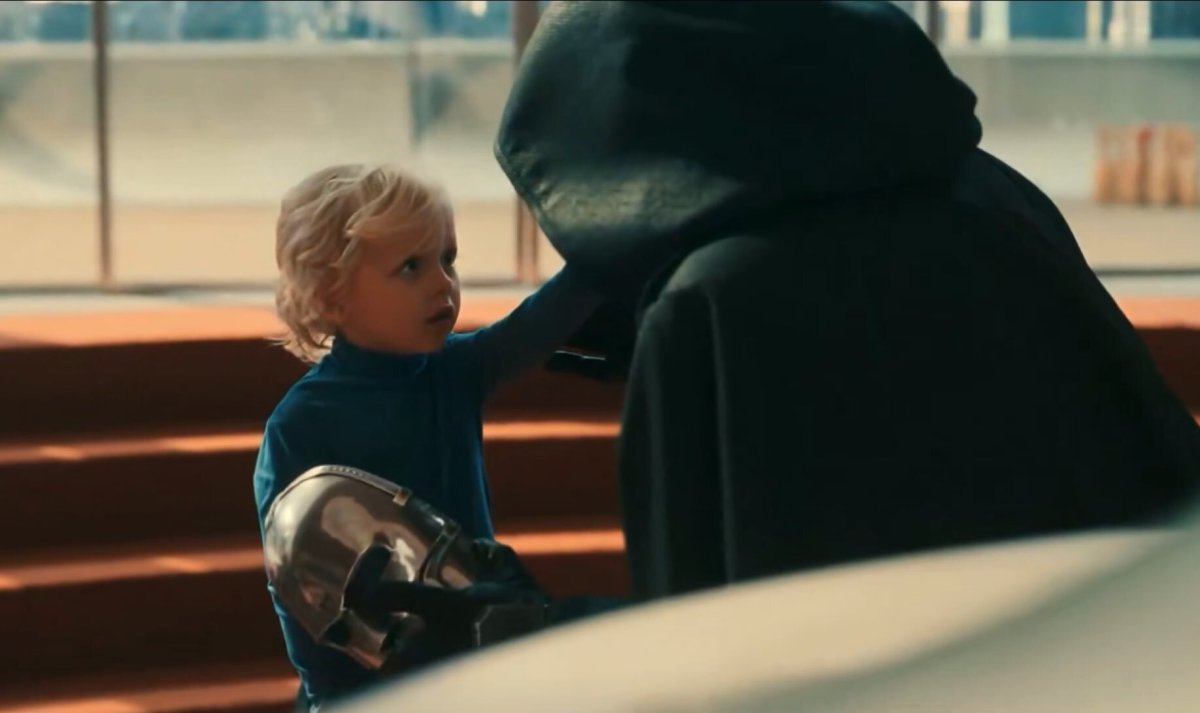
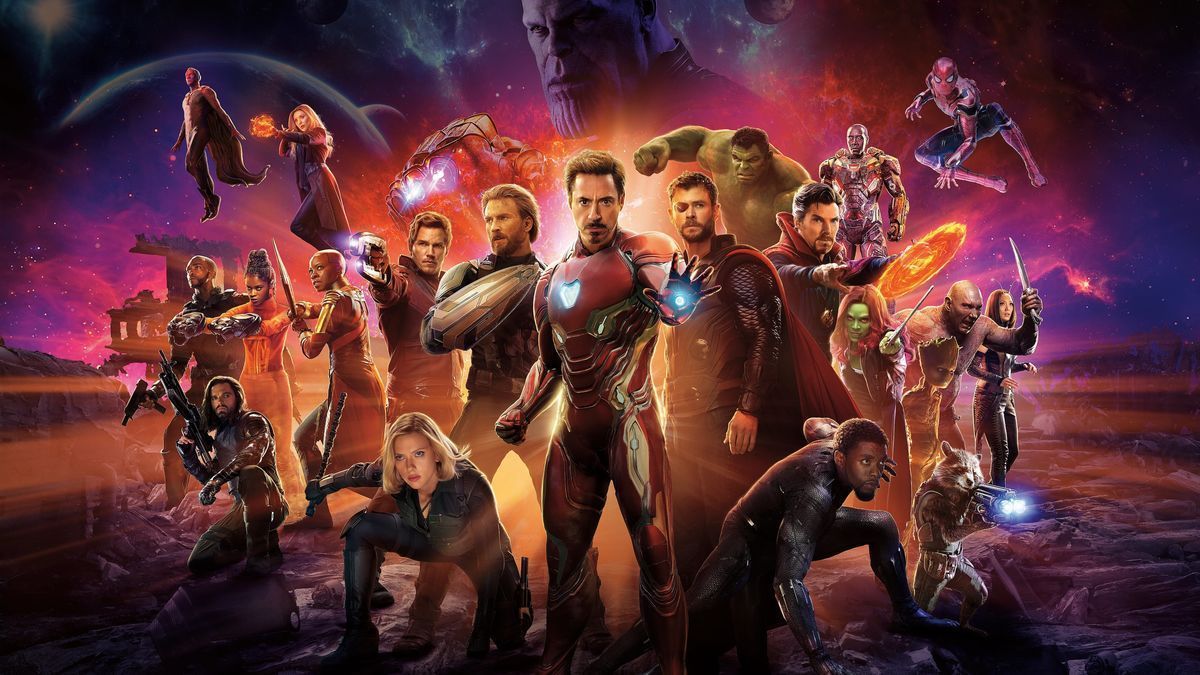
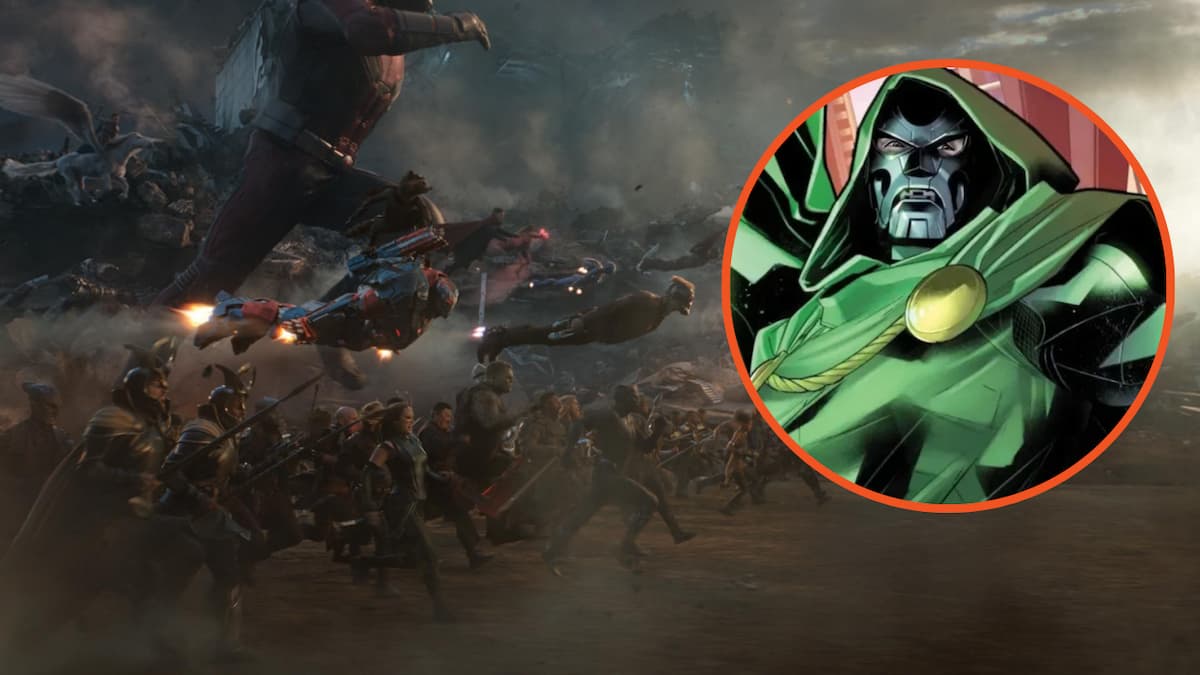

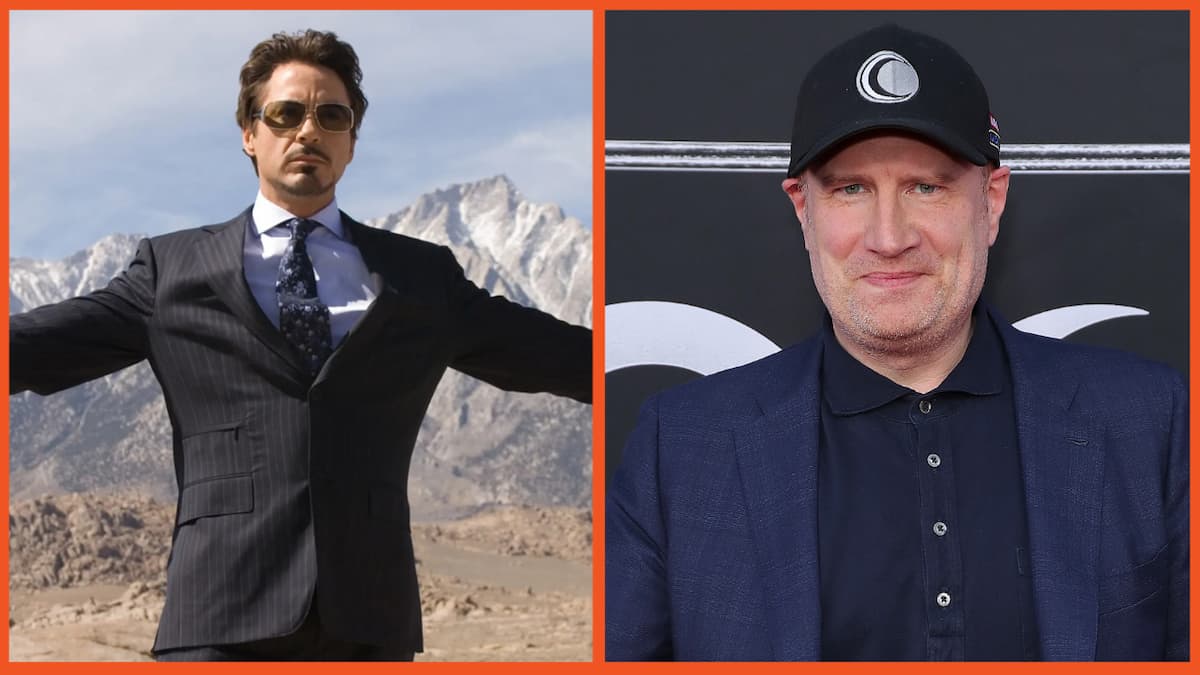
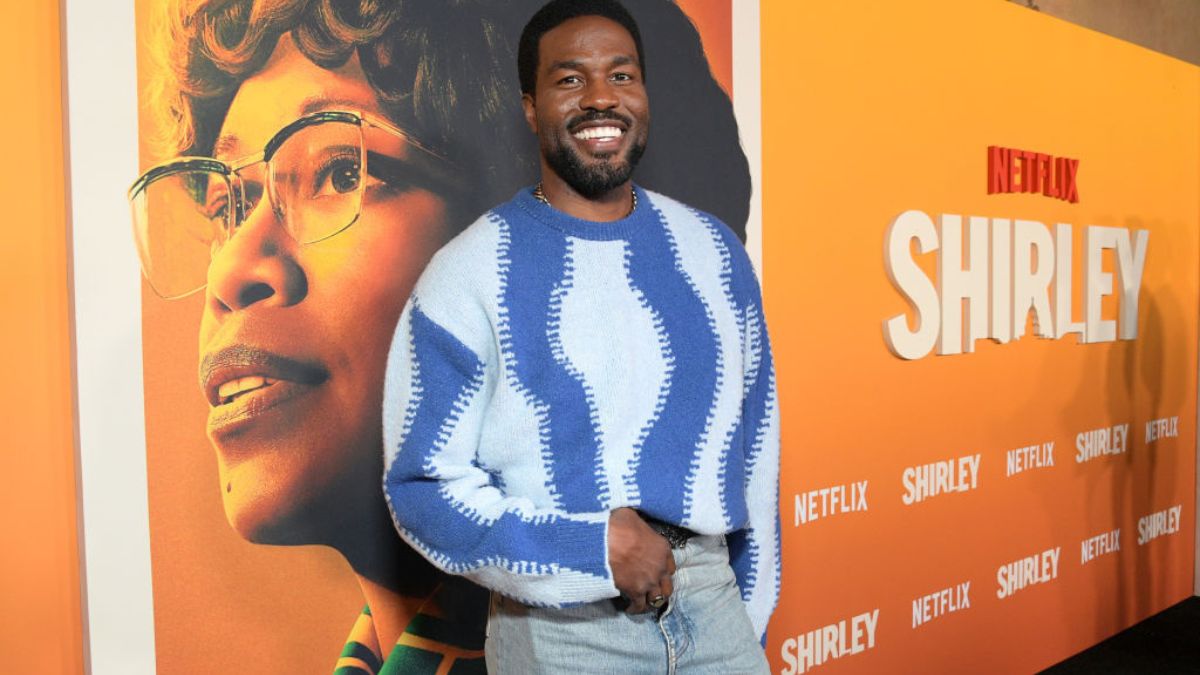
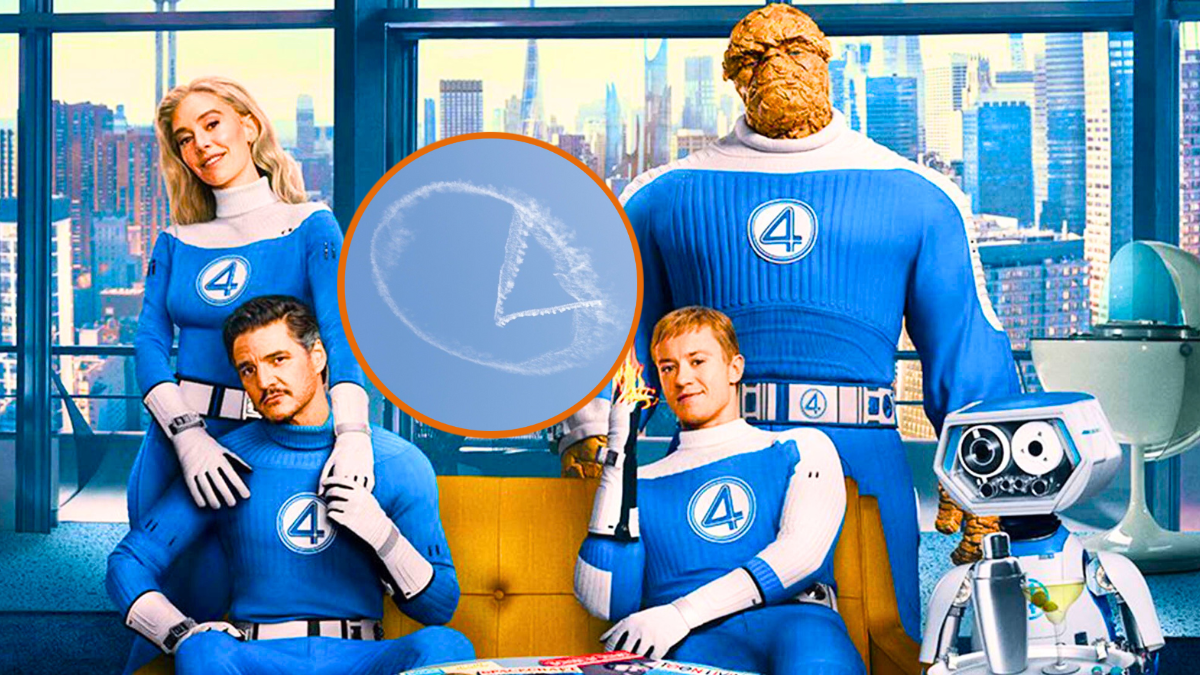
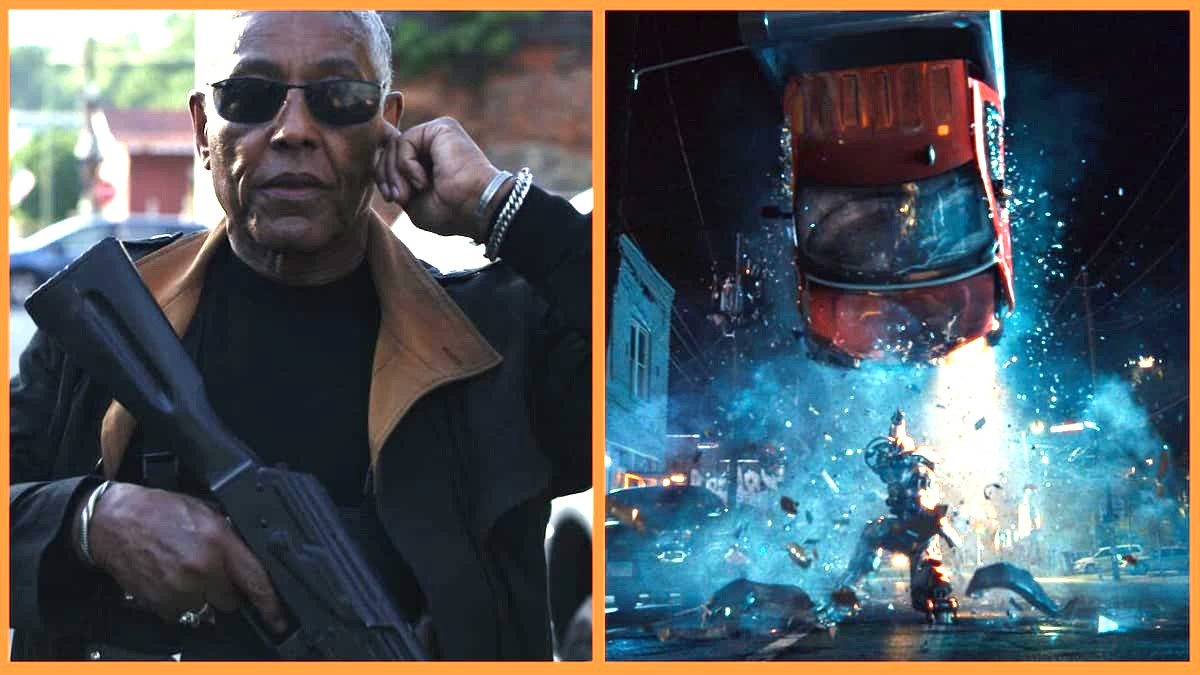

Published: Oct 14, 2023 12:58 am